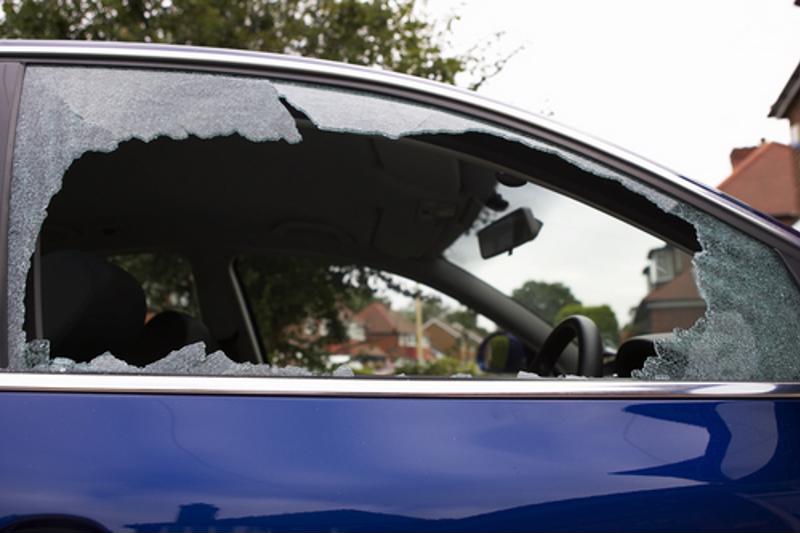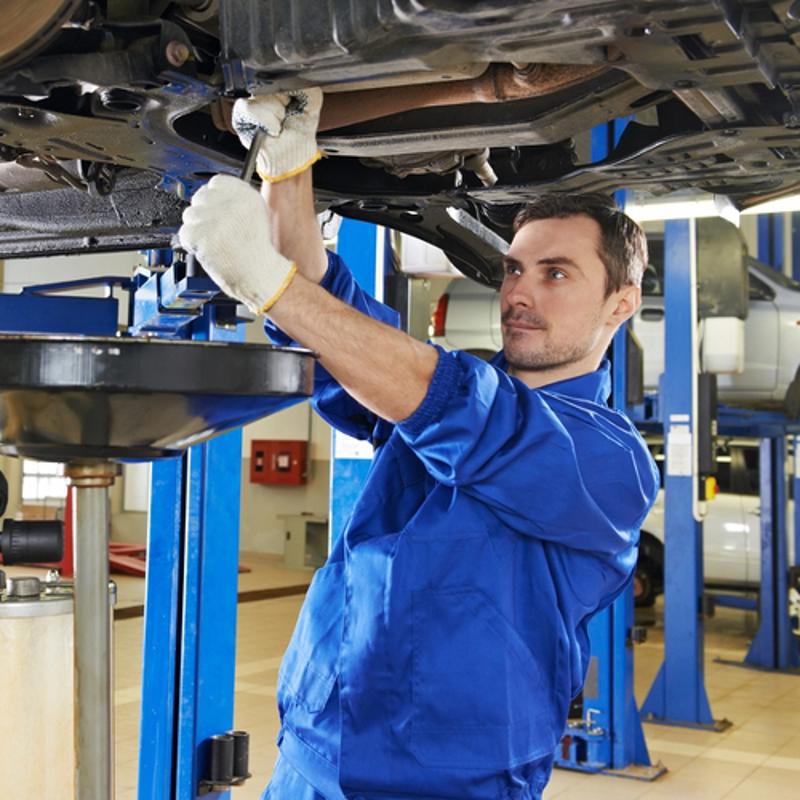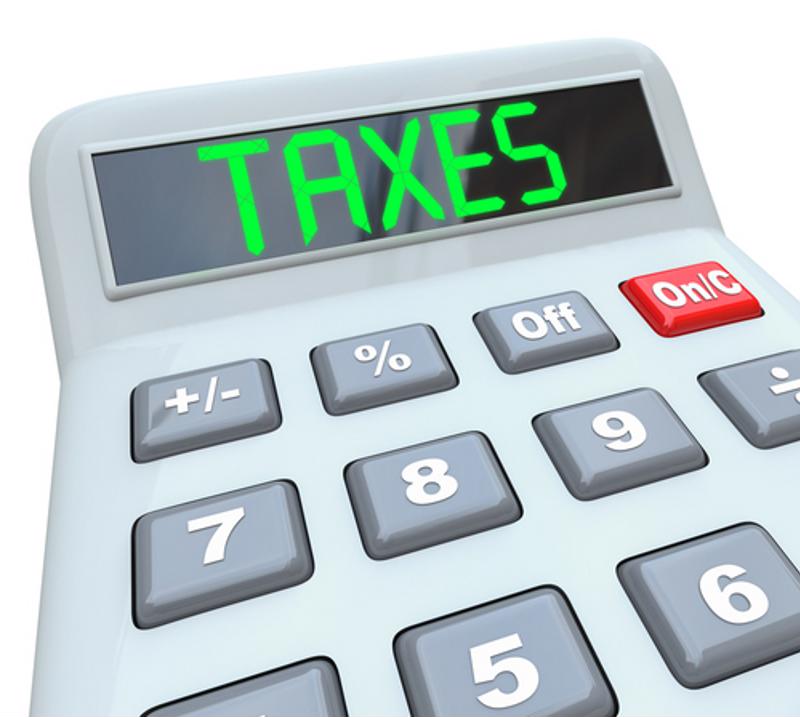When you're shopping for a high-quality used car, there are several factors that you must take into consideration. Obviously matters such as price, reliability and gas mileage will come into play, but it's important to also do your best to root out "hidden costs" before purchasing or leasing a car to ensure you don't end up paying more than you were planning on later.
One such hidden cost is insurance. Your monthly premium is likely not going to be brought up at the dealership – after all, dealers have very little to do with insurance. Still, while premiums are frequently determined by things like driving history, age and other factors, don't overlook the car itself.
As far as insurance goes, not all cars are created equal. Some cars are an insurance company's dream, while others are certain to be little more than a nightmare when it comes time to shop for a plan. Here are some of the best and worst cars in terms of insurance rates.
"How popular a car is with auto thieves can also impact how much you end up paying in insurance."
The high
Lots of things can influence a car's average insurance rate, and many of these factors have little to nothing to do with you as a driver. If you're shopping for a used car, you'll need to accept the reality that you're already likely to pay a bit more for insurance, since older cars tend to add money on to your monthly premium. But aside from age, any number of factors such as reliability, the frequency with which a given model is stolen and even the color of a car can affect your premium.
That's right – you can pay more to insure a red car than you would a car of the same model that comes in a different hue. This is due to the same reason sports cars cost much more on average to insure than sedans – people tend to drive them faster and can statistically be more accident prone.
According to Business Insider, the most expensive car to insure in 2015 is the Nissan GT-R NISMO. This sporty ride may feel great to drive, but it comes at a price. The news source indicated that owners of this particular model can expect to shell out an average of $3,574 every year just on insurance.
How popular a car is with auto thieves can also impact how much you end up paying in insurance. Kelley Blue Book compiled a list of the 10 most- and least-stolen cars. Topping the list was the Cadillac Escalade, the Ford F250 and the Dodge Charger. At least car thieves like to buy American, right?
 If your car is attractive to thieves, that will likely reflect on your insurance premium.
If your car is attractive to thieves, that will likely reflect on your insurance premium. The low
If minimizing your monthly insurance payments is a priority, then you'll want to consider a whole separate set of criteria when shopping for your car. Granted these premium-friendly rides aren't necessarily going to take anyone's breath away, but when it comes to practical, reliable cars with reasonable premiums, this list is a good place to start.
Starting from the assumption that sports cars cost more to insure, shifting your sights to sedans is a good starting point. As an added bonus, sedans tend to carry much lower sticker prices than their sportier counterparts as well.
AutoBytel reported that the Buick Lucerne topped the list for used car model with the lowest insurance premium, and it's not difficult to see why. The car's relatively high reliability rating, the broader availability of parts and its average performance make it a perfect middle-of-the-road car that's excellent for those drivers who aren't looking for flash, but are trying to save cash.
When you're ready to shop for a used car, head to New Jersey State Auto Auction. You'll find hundreds of Carfax-certified cars on the lot, and a knowledgeable sales and finance team to assist you through every step of the process.





 Nobody likes getting into an accident, but remaining calm is crucial.
Nobody likes getting into an accident, but remaining calm is crucial.

 Purchasing the right model can help keep your car out of the shop.
Purchasing the right model can help keep your car out of the shop.


 Cost of ownership takes things like taxes, insurance and other "hidden costs" into account.
Cost of ownership takes things like taxes, insurance and other "hidden costs" into account.